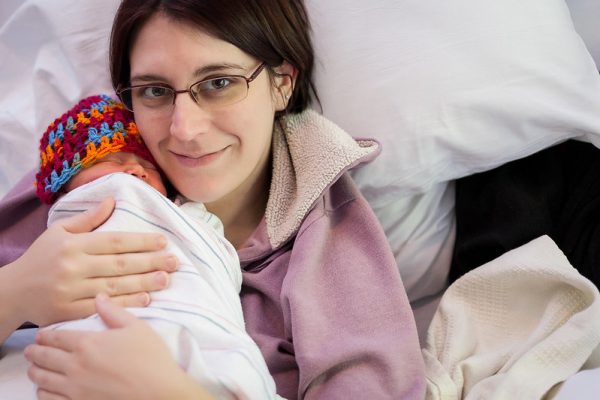
Everyone is stuck inside, so we will see a baby boom in nine months . . . right? There’s actually not a lot of evidence that interruptions to normal life cause baby booms, but there is evidence that the decision to have kids spreads through personal networks. In a recent article, four researchers found new evidence that both siblings and co-workers affect individuals’ fertility decisions.
Zafer Buyukkececi, Thomas Leopold, Ruben van Gaalen, and Henriette Engelhardt used detailed statistical data from the Netherlands to identify how two networks, siblings and co-workers, affect whether or not an individual decides to have a baby. The longitudinal data covers the entire Dutch population and allows researchers to link individuals to families and workplaces.
Demographers have long known that siblings and coworkers make similar decisions about fertility. Those similarities could be because siblings and coworkers share contexts and experiences, or because the choices of those around us actually help us make our own choices. In this study, the researchers found evidence that the actions of individuals we know does change decision-making, at least for women.
Women were more likely to become mothers after others in their sibling and colleague networks became parents. The sibling effect was stronger, but because most people have more colleagues than siblings, more births in colleague networks might make up for the strength difference. Colleague effects were only significant for women with other female colleagues.
Networks affect fertility decisions in part because individuals learn what to expect from others. So, rather than a universal baby boom, expect potential mothers to be watching the experiences of their siblings and coworkers during this pandemic.
